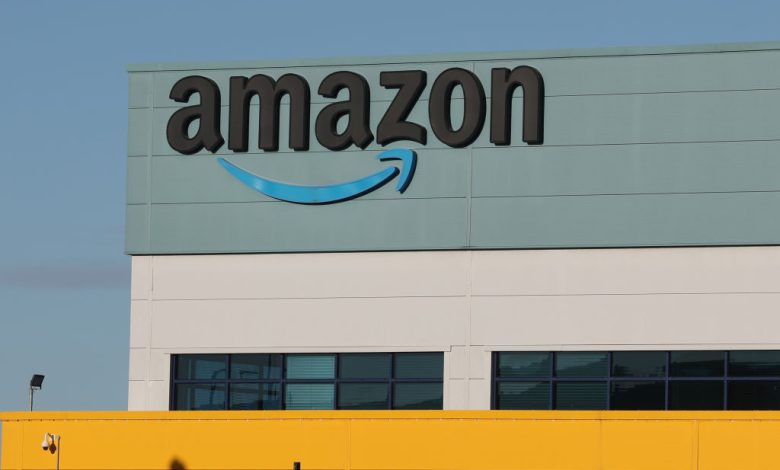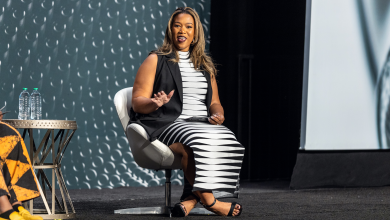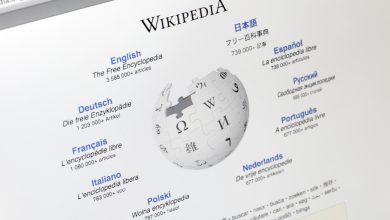Op-Ed: Why AI Companies Should Pay Media Organizations For Their Content


Editorial Note: Opinions and thoughts are the author’s own and not those of AFROTECH™.
The New York Times inked a multi-year deal with Amazon last month to license its content to Amazon’s artificial intelligence models.
Amazon will have access to The New York Times’ content, including NYT Cooking and its sports publication, The Athletic.
Amazon’s AI services, such as Alexa, will produce real-time summaries and short excerpts. Similar to other news publishers, The New York Times views a licensing deal as a viable way to generate profits as AI companies attempt to siphon copyrighted content to train their chatbots.
Attitudes towards AI use, especially regarding news organizations, can be polarizing. Other publishers such as The Washington Post, Associated Press, and Axios have also signed deals with AI companies to license their content. A few years ago, AI companies were using copyrighted material without permission. Media company Ziff Davis and The New York Times sued OpenAI and Microsoft in 2023, alleging intellectual theft.
The Times’s decision to do business with an AI company feels like a departure from its initial thoughts on AI; the biggest difference is that the publication is being paid for its intellectual property. The majority of the litigation against OpenAI and other AI companies stems from allegations that they fail to properly credit the source of their information.
There are several reasons to be wary about AI, including its environmental impact, the potential for spreading misinformation, and its potential to alter the way we work. Artificial intelligence isn’t disappearing anytime soon though. It’s better for news organizations to be compensated for their work rather than allowing AI companies to continue scraping their content for free. It creates a chain of accountability and forces these companies to pay.
When a consumer uses AI to ask a question, chatbots provide the user with answers sourced from various news articles, making it less likely for the user to scroll through the publisher’s website to find the answer themselves. This licensing deal balances the scales between artificial intelligence and news publishers that are struggling to increase traffic and assures them a cut of the profits.
More artists and publishers should take note of this. OpenAI, Meta, Microsoft, and more are resistant to effective AI legislation because they don’t want to compensate people for their intellectual property. These deals could be a first step in artists demanding their own deals, not only to protect their art but also to ensure that these companies aren’t hoarding all the profits they make from their work.
We can’t allow them to train AI with our content for free. If AI companies wish to use our work, they need to pay us for it.




